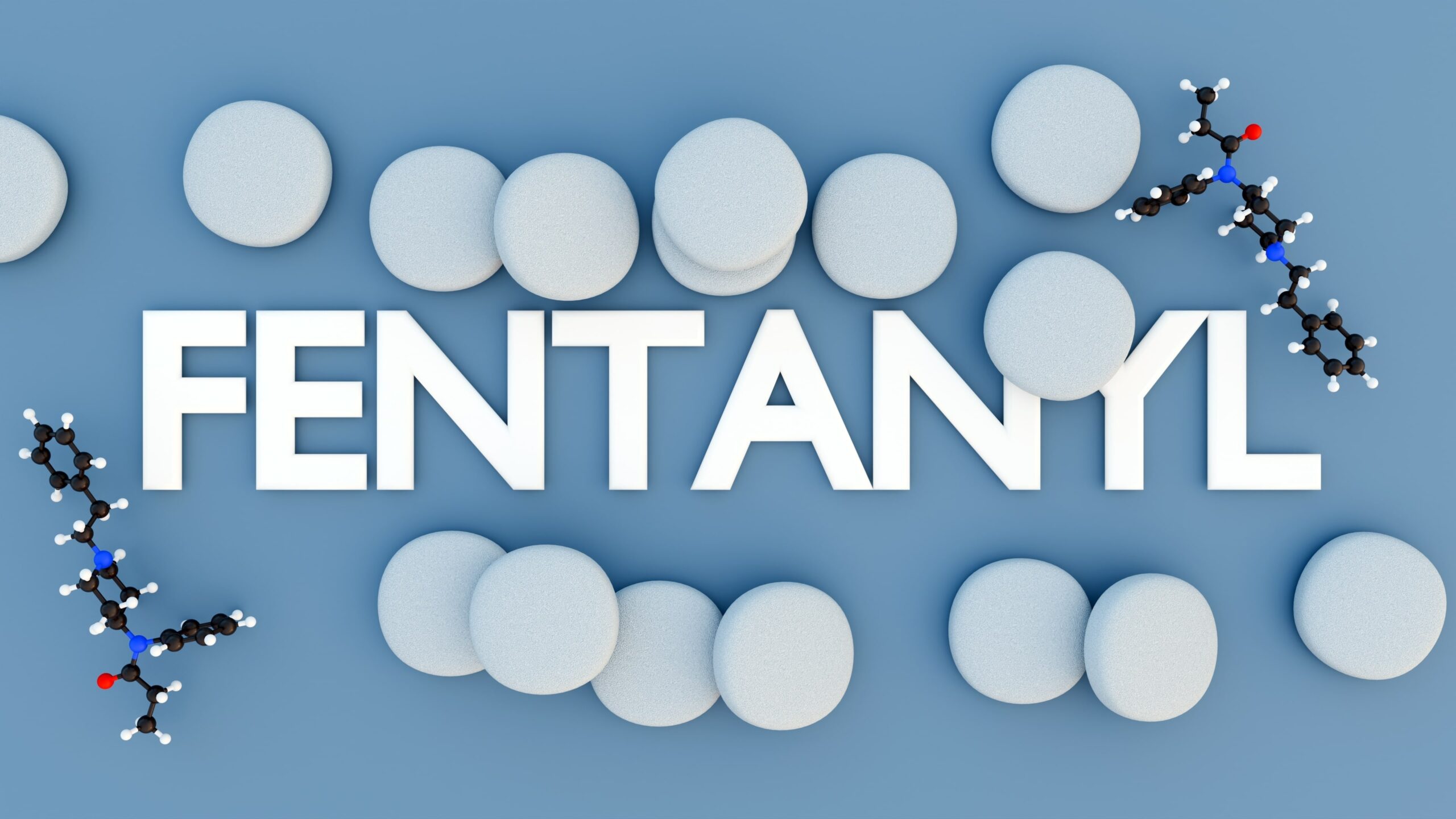On December 3, 2018, lawmakers in Utah passed House Bill 3001, also known as the Utah Medical Cannabis Act. The proposal replaced Proposition 2, which was approved in November 2018. The new Medical Cannabis Act allows qualified medical providers to prescribe marijuana to eligible patients with conditions such as cancer or Crohn’s disease.
Unfortunately, the Medical Cannabis Program in Utah is still developing. This means state law hasn’t quite caught up to the changes just yet. Until January 2021, compliance with the act will not protect you from federal or other state laws. You could still be charged with a marijuana crime just for using medicine that you need for your medical condition.
If you or someone you know has been charged with a marijuana-related crime, it’s imperative you seek an experienced criminal defense attorney.
Defense Lawyer Explains Medical Marijuana in Salt Lake City, Utah
Legalizing medical marijuana has helped thousands of people get relief for their medical conditions. However, you could still face criminal charges if you have a medical cannabis card. The Medical Cannabis Act will not protect you if a federal or out of state cop believes you’re using marijuana recreationally.
If you or someone you know has been charged with possession, it’s important you secure legal representation. Susanne Gustin is a reputable attorney with years of experience with criminal defense law. She can sit with you, answer your legal questions and begin building your defense today. Call 801-243-2814 to set up a consultation with Susanne Gustin, Attorney at Law today.
Susanne Gustin, Attorney at Law accepts clients throughout the greater Weber County and Salt Lake County area including Pleasant View, Salt Lake City, Ogden, West Valley City and West Jordan.
Overview of Utah’s Medical Cannabis Program
- Who is Eligible for a Medical Marijuana Card in Utah?
- Medical Marijuana Restrictions
- Will I Be Arrested if I Have a Medical Marijuana Card?
- Additional Resources
Who is Eligible for a Medical Marijuana Card in Utah?
Utah now allows people with medical conditions to use marijuana for pain relief or other medicinal reasons. Unfortunately, the medical marijuana program in Utah only allows patients with certain medical conditions to obtain a medical marijuana card.
Those conditions include:
- HIV or acquired immune deficiency syndrome (AIDS);
- Amyotrophic lateral sclerosis;
- Alzheimer’s disease;
- Cachexia;
- Persistent nausea that isn’t responsive to treatment;
- Epilepsy;
- Crohn’s disease or ulcerative colitis;
- Post-traumatic stress disorder (PTSD);
- Multiple sclerosis or debilitating muscle spasms;
- Terminal illness where the life expectancy is less than 6 months;
- Autism;
- Pain lasting longer than two weeks that cannot be managed by other medication;
- Condition that results in you receiving hospice care; or
- A rare condition or disease that affects less than 200,000 people in the U.S. that cannot be managed by traditional treatment methods
You must also be 18 or older and have a valid prescription through a qualified medical provider (QMP) to apply for a medical marijuana card. The QMP will then enter your name into an Electronic Verification System (EVS) after you’ve paid all applicable fees. People who are between the ages of 18 to 20 years old must have their card approved by the Compassionate Use Board.
If you’re a minor, then you will need a medical marijuana card and your parents will need a Medical Cannabis Guardian Card. Your guardian must undergo a criminal background check to obtain a guardian card. Once your guardian has finished all the appropriate paperwork, both of you will be required to bring your cards to enter a medical cannabis dispensary.
If your condition isn’t listed above, you can still apply for a medical marijuana card. You can petition to the Compassionate Use Board that your condition would benefit from cannabis treatment. If you plan to do this, it’s highly recommended you hire an experienced attorney. A lawyer can collect evidence to support your case and negotiate for you in court.
Medical Marijuana Restrictions
Some restrictions do exist within Utah’s medical marijuana program. These are to ensure the safety of patients using cannabis as well as the general public. Listed below are the purchase and possession restrictions imposed in Utah Code 26-61A-204.
- If your primary residence is less than 100 miles from the nearest health department or medical cannabis dispensary, then in any 12-day period you cannot purchase more than:
- The 14-day amount prescribed by your QMP;
- 56 grams of unprocessed cannabis flower; or
- More than 10 grams of total composite THC
- If your primary residence is more than 100 miles from the nearest health department or medical cannabis dispensary, then in any 28-day period you cannot purchase more than:
- The 30-day amount prescribed by your QMP;
- 113 grams of unprocessed cannabis flower; or
- More than 20 grams of total composite THC
- No matter the circumstances, you cannot possess more than:
- 113 grams of unprocessed cannabis flower; or
- 20 grams of total composite THC
- You are prohibited from possessing marijuana drug paraphernalia
Violating these terms could result in you losing your medical marijuana card. In some cases, it could even lead to criminal charges. You could be charged with a class B misdemeanor, which is punishable by:
- Up to 6 months in jail; and
- A fine of up to $1,000
Will I Still Be Arrested for Possession with a Medical Marijuana Card?
Utah law states it’s an admissible defense to possess marijuana at the time of the offense if:
- You have been diagnosed with a qualifying condition and a viable QMP believed that your condition could benefit from the use of medical cannabis; and
- The marijuana was in medicinal dosage form and did not exceed possession restrictions
The term “medicinal dosage form” means any of the following cannabis products:
- Tablets;
- Capsules;
- Concentrated oils;
- Liquid suspension;
- Topical preparation;
- Transdermal preparation;
- Sublingual preparation;
- Gelatinous cube, cuboid, or lozenge;
- Resin or wax;
- Unprocessed cannabis flowers in a blister pack with each individual blister:
- Containing a specific eight that doesn’t exceed one gram; and
- Labeled with a barcode that links the product to a valid dispensary
So, if your medical cannabis was in the form above and prescribed to you, law enforcement can’t arrest you. However, this doesn’t mean you’re untouchable. Federal and out of state law enforcement agencies can still arrest you for possessing cannabis, even if you have your card on you. If you don’t have your medical marijuana card or meet the standards above, you could be fined and arrested in the state of Utah.
Additional Resources
Utah Medical Cannabis Program – Visit the official website of the Utah Department of Health to learn more about their medical marijuana program. Access the site to find their program fact sheet, answers to frequently asked questions and information on how to get medical cannabis pharmacy license.
Utah Medical Cannabis Act – Visit the official website of the Utah State Legislature to learn access their Medical Cannabis Act. Access the statutes to learn how to get a medical marijuana card, requirements for cannabis dispensaries and what happens when you violate medical marijuana restrictions.
Medical Cannabis Program Lawyer in Salt Lake County, Utah
Have you been charged for possession, but you have a valid medical marijuana prescription? It’s highly recommended you fight back by contacting a skilled defense lawyer. Susanne Gustin is an experienced criminal defense attorney that can help you retain your medical marijuana card.
Call Susanne Gustin, Attorney at Law today at 801-243-2814 to set up a free consultation. Attorney Gustin will analyze your charges and formulate a defense plan for you. Susanne Gustin, Attorney at Law accepts clients throughout the greater Salt Lake City metropolitan area including Murray, West Valley City and Sandy.



